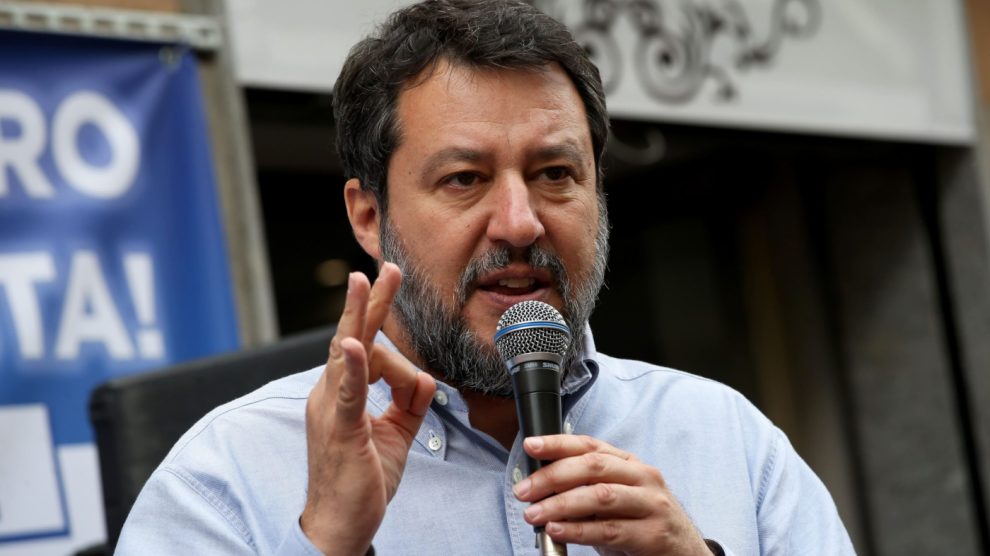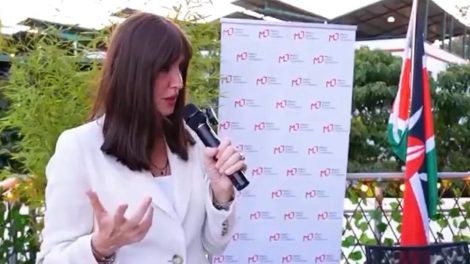Matteo Salvini talks BRI. The Deputy Prime Minister and Infrastructure Minister recently chimed in on the closely-watched matter of Rome’s Belt and Road Initiative – China’s infrastructure-cum-soft power project, which Italy joined in 2019 by signing a Memorandum of Understanding that’s now up for renewal.
- “I have my own idea,” said Minister Salvini in a video conference at the Adriatic Sea Summit in Trieste. “However, as the Deputy Prime Minister, as part of a team… I want to create harmony. So I hope that my idea is in line with others. I believe that in 2023, we need to engage in 360-degree trade.”
- The Italian government has signalled its intention to exit the BRI, although Prime Minister Giorgia Meloni later stressed the decision hasn’t been taken yet.
Reading between the lines. As noted by Stefano Folli, a commentator for the newspaper La Repubblica, Mr Salvini – who’s also the leader of the League – realises that Italy’s decision on whether to renew the BRI’s MoU must consider Rome’s international alliances and the high tension between the United States and China. In this sense, argues the editorialist, the deputy PM has shown “the usual ambiguity.”
- “On the one hand, he suggests to Prime Minister Meloni that the League will not stand in the way, when the time comes, to announce the termination of the memorandum. On the other hand, he sends a message to Beijing: if it were up to him, the agreement would undoubtedly be renewed.”
- China is playing the trade card to pressure Italy into staying within the BRI, and Mr Salvini’s remarks about the economy resonate with that line.
Elsewhere in the party, positions are more clear-cut. Massimiliano Fedriga, President of the Friuli-Venezia Giulia region and prominent member of the League, explained that the international context “now requires making different choices” compared to those made in 2019.
- “If we think about entering a system in which someone from the other side of the world decides who and what can come to Europe, it is a problem. It seems to me that commercial relations can be established with anyone, with any country, but structural and strategic relations should be with Western allies,” he concluded.
- Back in 2019, he had supported the signing of the MoU, calling it a “tremendous opportunity for the entire country” while emphasising that the “reins […] must remain in [Italy’s] hands”.
Location matters. The context of Mr Salvini’s words also provides clues, as Beijing eyes the seaport of Trieste as a key juncture for the BRI in Europe. That’s one of the reasons for Beijing to push Rome to remain in the BRI and talk of “win-win results” with BRI-linked investments in European assets, such as seaports.
- The other two key parties in the Meloni government have signalled they are aware of the issue posed by China’s interest in that seaport. PM Meloni (who leads Brothers of Italy) underscored its strategic importance, while Silvio Berlusconi, leader of Forza Italia, warned more explicitly of “unfriendly” Chinese aims.





